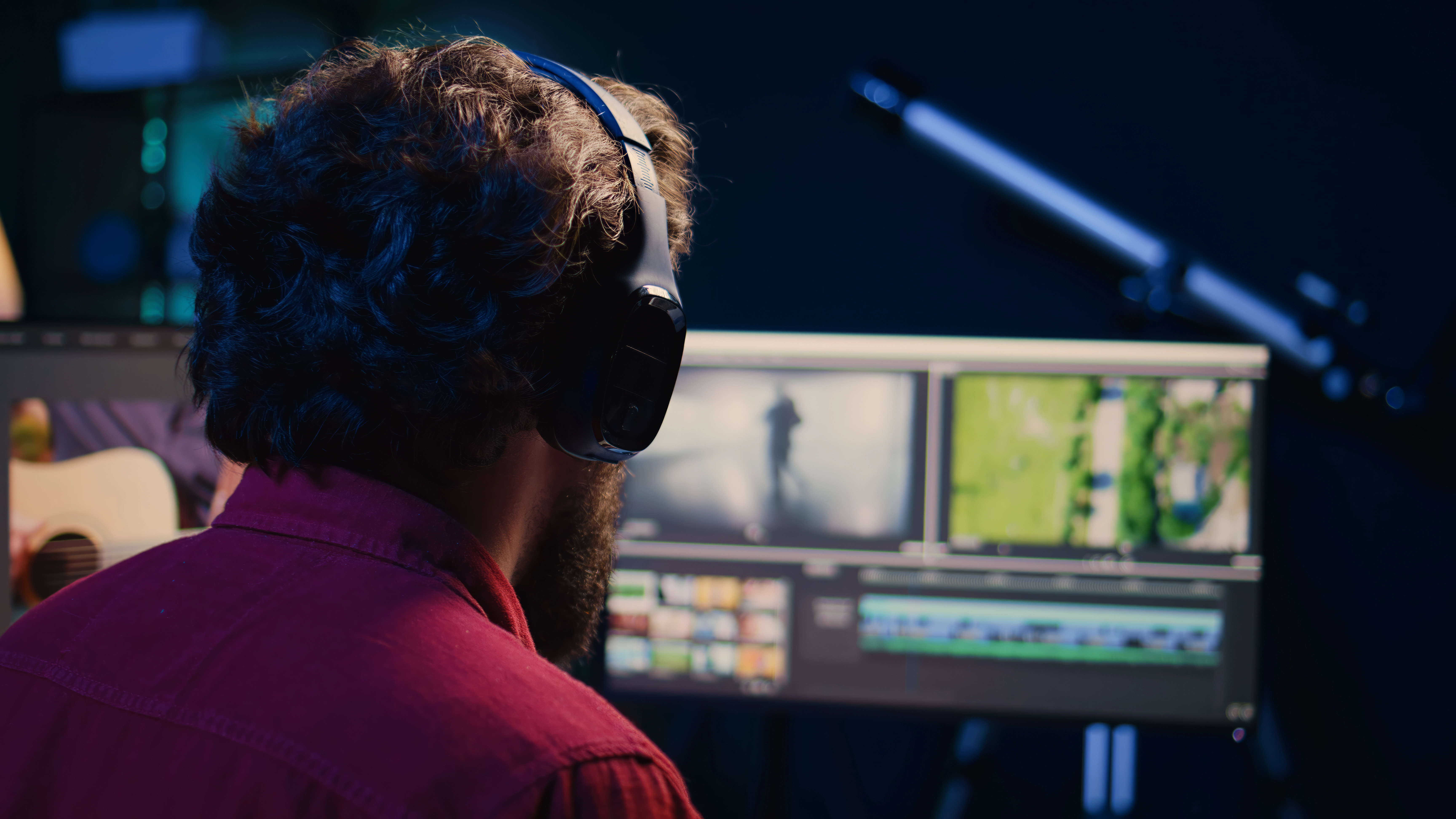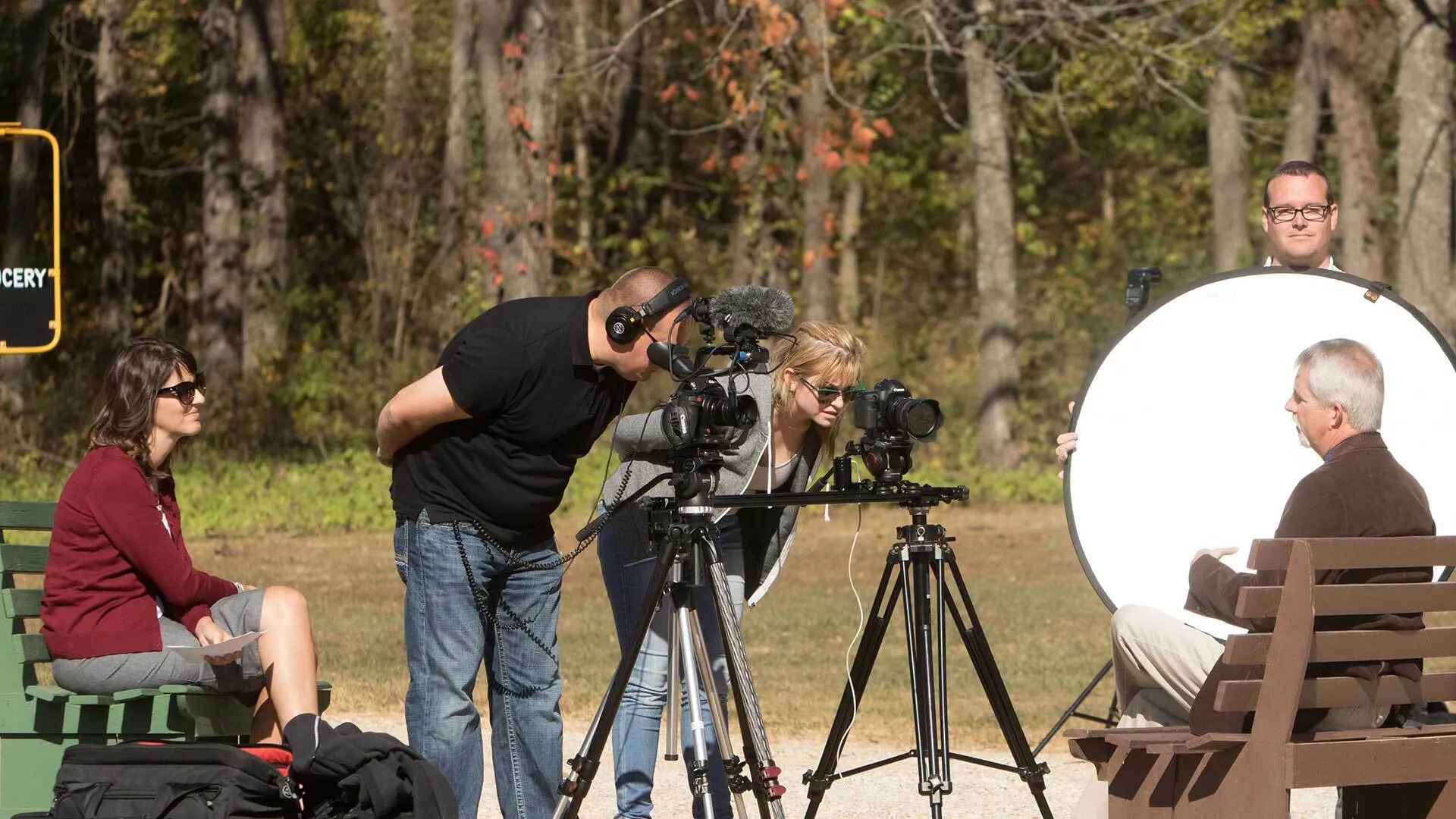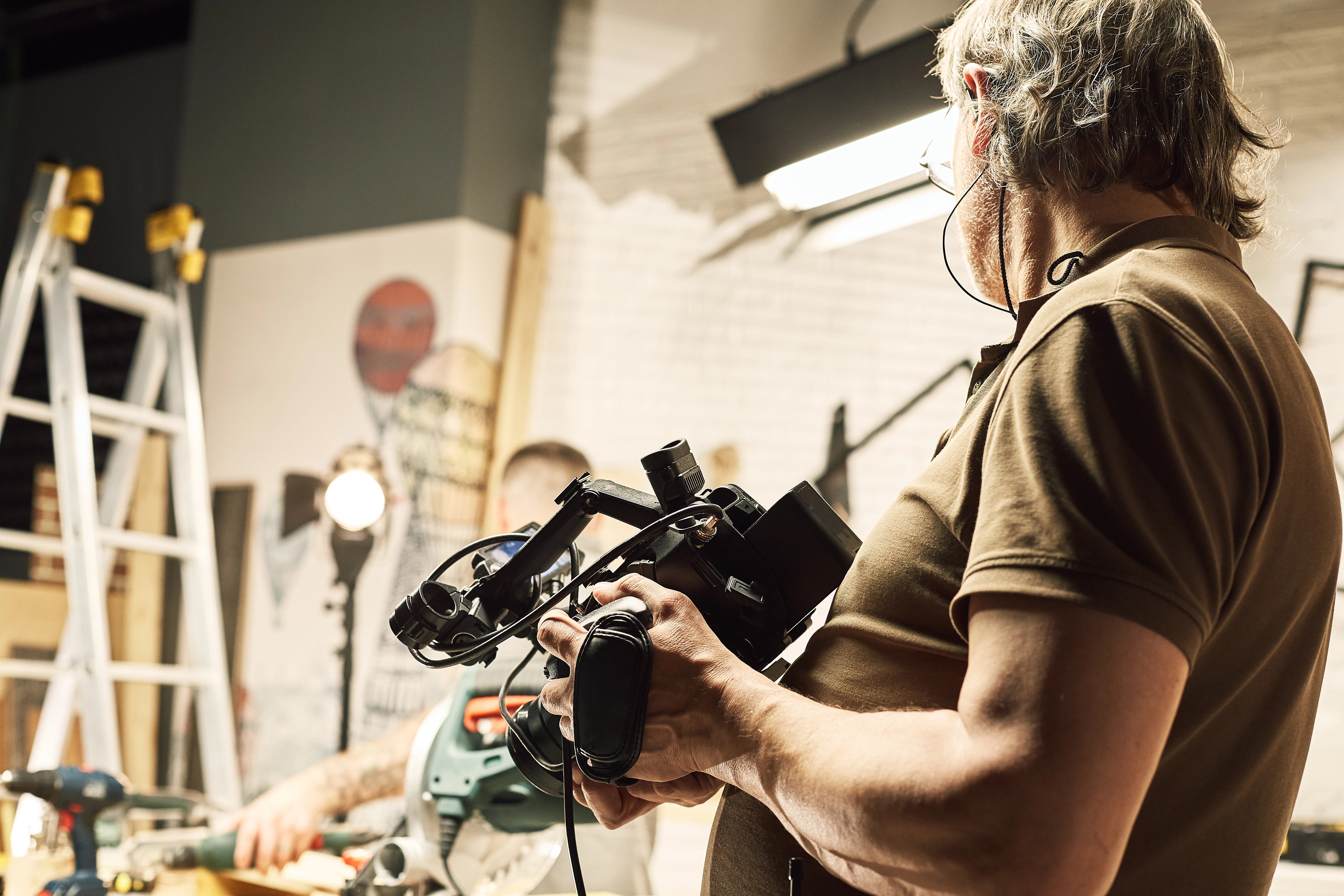
by VBF Studios

Documentary filmmaking is a powerful medium that brings real-life stories, events, and issues to the screen. It combines the art of storytelling with the rigor of journalism to inform, inspire, and provoke thought. Whether you are an aspiring filmmaker or an enthusiast, understanding the nuances of documentary filmmaking can enhance your appreciation and skill in this compelling genre. This article explores the essentials of documentary filmmaking, from concept to creation.
Documentary filmmaking is the process of creating non-fiction films that document reality. These films aim to capture real events, people, and places, often highlighting social, cultural, or historical issues. Unlike fictional films, documentaries focus on truth-telling and authenticity, providing viewers with a window into real-world experiences.

Thorough research is the foundation of any documentary. Start by identifying a compelling topic or story that resonates with you and has the potential to engage your audience. Dive deep into research to understand the subject matter, gather information, and uncover unique angles. Planning includes outlining the narrative structure, setting objectives, and creating a production schedule.
At the heart of every great documentary is a powerful story. Effective storytelling involves crafting a narrative that is both informative and emotionally engaging. Develop a clear storyline with a beginning, middle, and end. Use interviews, archival footage, and real-life events to build a narrative that captures the essence of your subject.
Documentaries rely heavily on visual and audio elements to convey their message. Pay attention to cinematography, sound design, and editing. Use high-quality footage, compelling visuals, and clear audio to enhance the viewer's experience. The visual style should complement the story and contribute to the overall tone of the film.

Maintaining authenticity and ethical standards is crucial in documentary filmmaking. Represent your subjects truthfully and respectfully. Avoid manipulation or misrepresentation of facts. Gaining the trust of your subjects and being transparent about your intentions can help you create an honest and impactful film.
Post-production is where your documentary comes to life. This stage involves editing the footage, adding soundtracks, and refining the narrative. Work closely with editors to ensure the final cut aligns with your vision. Attention to detail during post-production can significantly enhance the film's impact.
Develop a distinct style and voice that sets your documentaries apart. This could be through your approach to storytelling, visual style, or the themes you explore. A unique voice can make your work more recognizable and memorable.
Building strong relationships with your subjects is essential. Spend time getting to know them, understanding their perspectives, and earning their trust. Genuine connections can lead to more intimate and revealing footage, enriching your documentary.
Documentary filmmaking often involves unpredictable situations. Be prepared to adapt your plans and approach as needed. Flexibility can help you navigate challenges and seize unexpected opportunities that arise during production.

Utilize the latest technology to enhance your filmmaking process. High-quality cameras, drones, and editing software can improve the production value of your documentaries. Additionally, leveraging social media and online platforms can help you reach a wider audience.
Engage your audience through screenings, Q&A sessions, and social media interactions. Building a community around your work can generate buzz and support for your projects. Audience feedback can also provide valuable insights for future films.

Documentary filmmaking has the power to inform, inspire, and drive change. By shedding light on important issues and telling stories that matter, documentaries can raise awareness, influence public opinion, and even spark social movements. As a documentary filmmaker, you have the opportunity to make a meaningful impact on the world.
Documentary filmmaking is a dynamic and rewarding field that blends storytelling, journalism, and artistry. By focusing on research, storytelling, visual and audio elements, authenticity, and post-production, you can create compelling documentaries that resonate with audiences. Embrace the challenges and opportunities of documentary filmmaking, and use your unique voice to tell stories that matter.
© Copyright 2025 All Rights Reserved